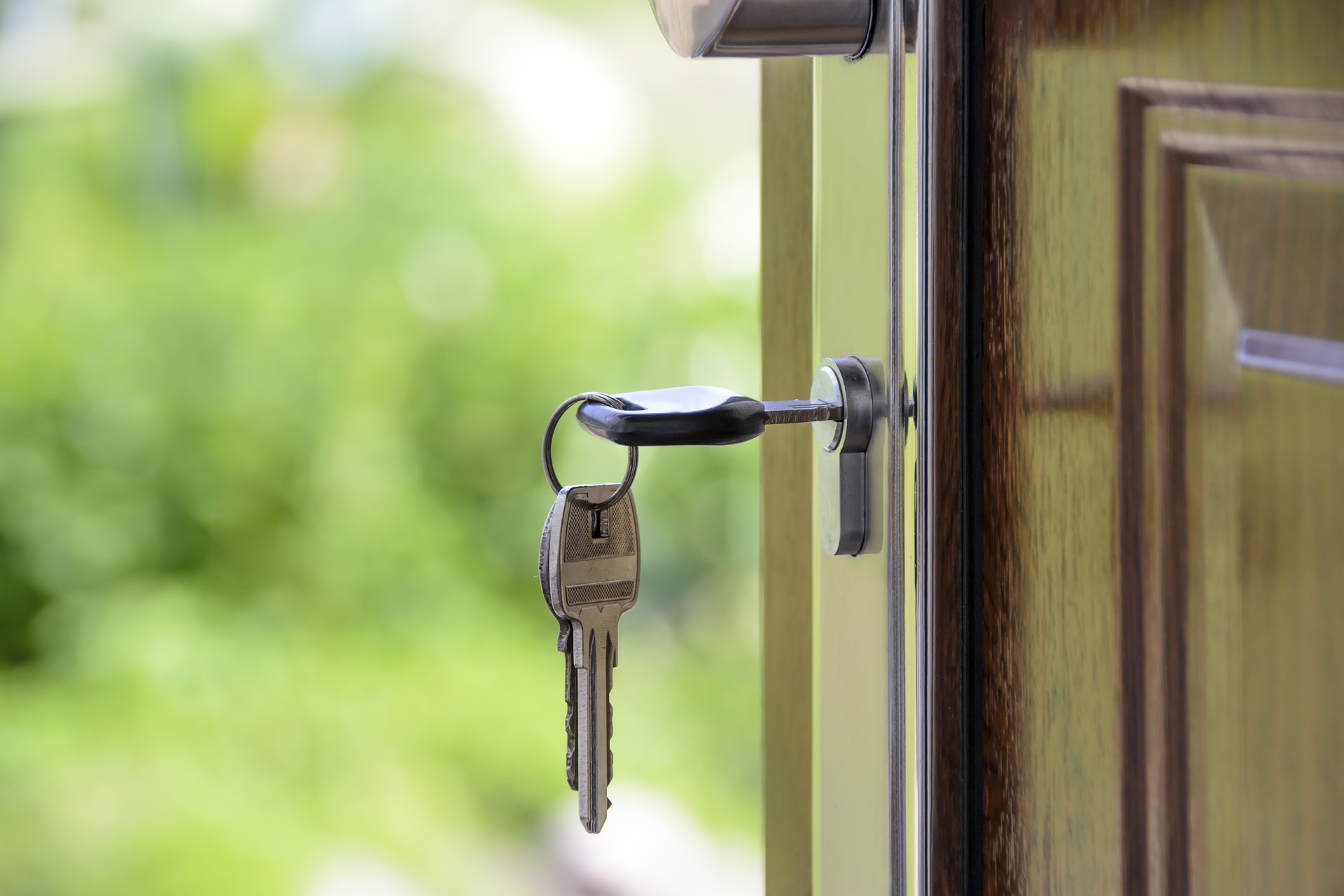Seeing a new tenant moving to the house can be difficult
for both the tenant and the owner. Getting a checklist of issues that needs to
be resolved before the occupant moves in will help make the process smoother
and ensure you do not skip any crucial steps.
Here are eight things you should fix before a potential
occupant moves into your apartment.
1.
Repairs
and maintenance
As the landlord, you are expected to ensure the rental
property is in a suitable condition before the occupant moves in. And as soon
as the occupant moves in, the owner is expected to regularly maintain the
rental property, so it’s always in good condition.
A standard and habitable property must have adequate ventilation, be free from infestation, have
good water supply and have had electrical
safety testing – among other essentials.
2.
Put
everything in writing
Always make sure agreements with your tenant are clearly
spelt out on paper, and all concerned parties understand the rights and
responsibilities of each party. A tenancy
agreement is crucial as it will outline the rights and
responsibilities of the tenants as well as the landlord. It will, in addition,
define the terms of the landlord-tenant relationship. It will also state how
disputes will be resolved if they arise.
3.
Tenant
screening
The tenant screening process helps you identify the
right tenants for your property; people who’ll be able to pay rent on time and
take care of the properties as though it were their own. Don’t forget to also
check that they have a good credit rating, are legal residents and have no past
criminal record.
4. Enforce and follow the rules
You need to enforce
the rules of your tenancy agreement, or your agreement will lose its
value. Some tenants who find you don’t follow or enforce the terms of the
agreement would advantage of your leniency.
The late rent fee is perhaps the most key contract clause
to apply. You may allow a short grace period, but when that expires, ensure
your occupant pays his or her late fee in addition to the actual rent.
5. Disclosures
Landlords need to provide the tenants with relevant details regarding other issues surrounding the residential property they occupy. The law requires landlords to let the tenant know if there us anything about the property that is changing. For example, if the rented property and the mortgage have been transferred to a new owner, the landlord is obliged to notify the tenant.
Landlords are responsible for providing a habitable, safe
and comfortable living space for their tenants. They should always be ready to
fix any damages in any part of the property — especially those that impact
habitability or safety — in a timely manner.
While
faithfully adhering to such few basic rules may not necessarily shield the
landlord from future conflict, they sure help to create a good landlord-tenant
relationship and make your property appealing to prospective tenants.



 Bitcoin
Bitcoin  Ethereum
Ethereum  Tether
Tether  XRP
XRP  Solana
Solana  USDC
USDC  TRON
TRON  Cardano
Cardano  Lido Staked Ether
Lido Staked Ether  Avalanche
Avalanche  Toncoin
Toncoin